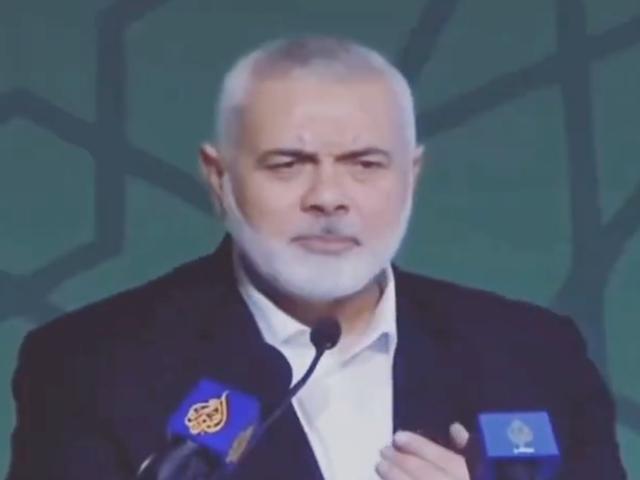In a striking display of humanity transcending political and military divisions, the family of Ismail Haniyeh, the leader of Hamas, has turned to Israeli medical facilities for critical healthcare needs, underscoring the complex web of personal and political ties in the Israeli-Palestinian conflict.
While Haniyeh deliberates over a proposed hostage exchange deal, a narrative unfolds that juxtaposes the realms of geopolitics and humanitarian care. His niece recently gave birth to a premature baby at Soroka Hospital in Be'er Sheba, Israel, a facility renowned for its medical expertise. The newborn, now fighting for life in the neonatal intensive care unit, represents a poignant symbol of hope and shared humanity.
At this moment, while Hamas holds the lives of 132 hostages in its hands and continues to vow to destroy the Jewish State, Israel is treating both the sister and niece of Hamas leader Ismail Haniyeh in its hospitals.
— Aviva Klompas (@AvivaKlompas) February 5, 2024
So take your genocide accusations and shove it.
via…
This incident is not isolated. Several of Haniyeh's relatives, including his sisters who have gained Israeli citizenship through marriage to Bedouins and reside in Tel Sheva, have benefited from Israel's healthcare system. These instances include not only Haniyeh's niece but also his daughter, granddaughter, and brother-in-law, all of whom have traversed the fraught boundaries between Gaza and Israel to seek medical treatment.
The medical staff at Soroka Hospital finds themselves in a morally complex situation, providing care to the family of an individual leading an organization that Israel deems a terrorist entity responsible for significant violence against Israeli citizens. Yet, their professional ethos of saving lives transcends these tensions, showcasing a commitment to medical ethics that prioritizes human life above political affiliations.
"While Hamas leader is deciding on hostage deal, his niece gave birth in Israeli hospital. The baby was born prematurely, (the) doctors are fighting for his life; Haniyeh's daughter,granddaughter & brother-in-law also received medical treatment in Israel": https://t.co/17oa3b1wId
— OOWLIEOWL (@oowlieowl) February 6, 2024
The history of Haniyeh's family seeking medical care in Israel is notable. In 2014, one of his daughters received emergency treatment at Ichilov Hospital in Tel Aviv, a testament to the ongoing, albeit underreported, humanitarian exchanges between Israel and Gaza. Furthermore, in 2013, Haniyeh's granddaughter was treated for a severe condition in Israel, a move that was publicly acknowledged by Haniyeh's son, highlighting a rare moment of vulnerability and interdependence.
The narrative extends to 2012 when Haniyeh's sister and her husband received urgent care in Israel, further illustrating the intertwined lives of individuals on both sides of the conflict. These instances of medical care provided to Haniyeh's family members in Israeli hospitals reveal the complex layers of the Israeli-Palestinian conflict, where lines between enemy and ally blur in the face of human needs and suffering.
🚨 Haniyeh's family is currently treated in an Israeli hospital.
— AA 🇮🇱🕎🎗 (@R4nd0mH4ndl3) February 5, 2024
His niece is being treated in an Israeli hospital, I KID YOU NOT
It's not the first time this deplorable Hamas-Nazi terrorist who celebrated Oct. 7 massacres, have had family members treated in Israeli Hospitals pic.twitter.com/BwWNMluFMS
This series of events serves as a powerful reminder of the shared humanity that exists even amidst the most entrenched conflicts. It underscores the potential for compassion and cooperation, offering a glimpse into a reality where peace and mutual respect might one day transcend political and military divisions.


